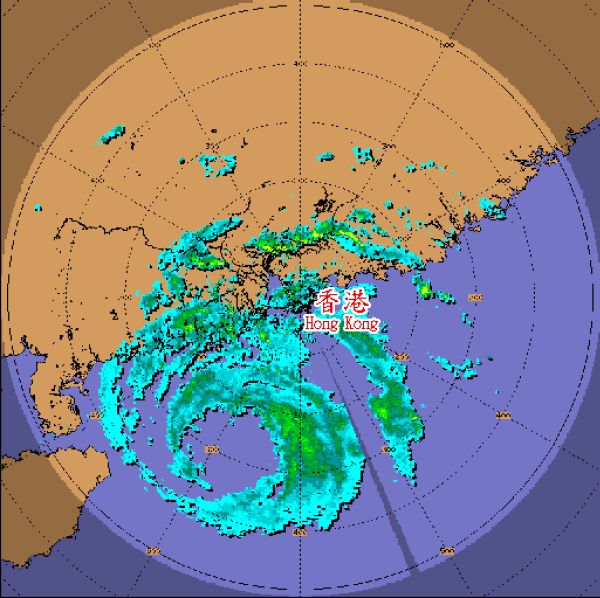4 new tropical cyclone names
4 new tropical cyclone names (1 March 2004)
|
Since January 1, four new names have been added to the list of tropical cyclone names for the western North Pacific and the South China Sea. They are "Peipah" (a popular pet fish in Macau) from Macau, China, "Nuri" (a blue crowned parakeet in the Malay language) from Malaysia, "Molave" (a popular hardwood used in furniture) from the Philippines and "Matmo" (meaning heavy rain) from Guam, USA. These new names replace "Vamei", "Rusa", "Imbudo" and "Chataan" respectively. According to present practice, the countries or territories concerned may ask the Typhoon Committee to delete the names of tropical cyclones that have inflicted severe damage and loss of life from the list and replace them with new ones. Tropical cyclone Vamei was an unusual storm which formed close to the Equator in the vicinity of Singapore in late December 2001. In fact, it was the closest cyclone to the Equator over the western North Pacific and the South China Sea since World War II. Vamei brought strong winds and torrential rain to Singapore and seriously affected the land, sea and air traffic services over the region. In 2002, Chataan and Rusa caused loss of property and life in Japan and the Republic of Korea respectively. Imbudo in 2003 left at least 22 dead in the Philippines. The number of deaths in Guangdong and Guangxi caused by Imbudo reached 20, while the estimated economic loss was over 1.9 billion renminbi. The Hong Kong Observatory has used tropical cyclone names assigned by the US Armed Forces' Joint Typhoon Warning Centre at Guam since 1947. Initially, only female names were assigned. Male names were added after 1979. It was not until 2000 that a new set of 140 tropical cyclone names, contributed by 14 member countries and territories of the Typhoon Committee, was adopted. The Chinese translations for the tropical cyclone names are jointly determined by the China Meteorological Administration, the Hong Kong Observatory and the Macau Meteorological and Geophysical Bureau. Tropical cyclone names with regional characteristics, such as "Kai-tak" and "Choi-wan" contributed by Hong Kong, are intended to raise the awareness of members of the local community to impending tropical cyclone hazards. The public, the aviation and shipping sectors and the media and are requested to note the newly updated tropical cyclone names and to take appropriate action (for example, updating internal records or modifying computer programs). The updated list of tropical cyclone names and their meanings is available at the Hong Kong Observatory website (www.weather.gov.hk/informtc/sound/tcname2004e.htm).
|
